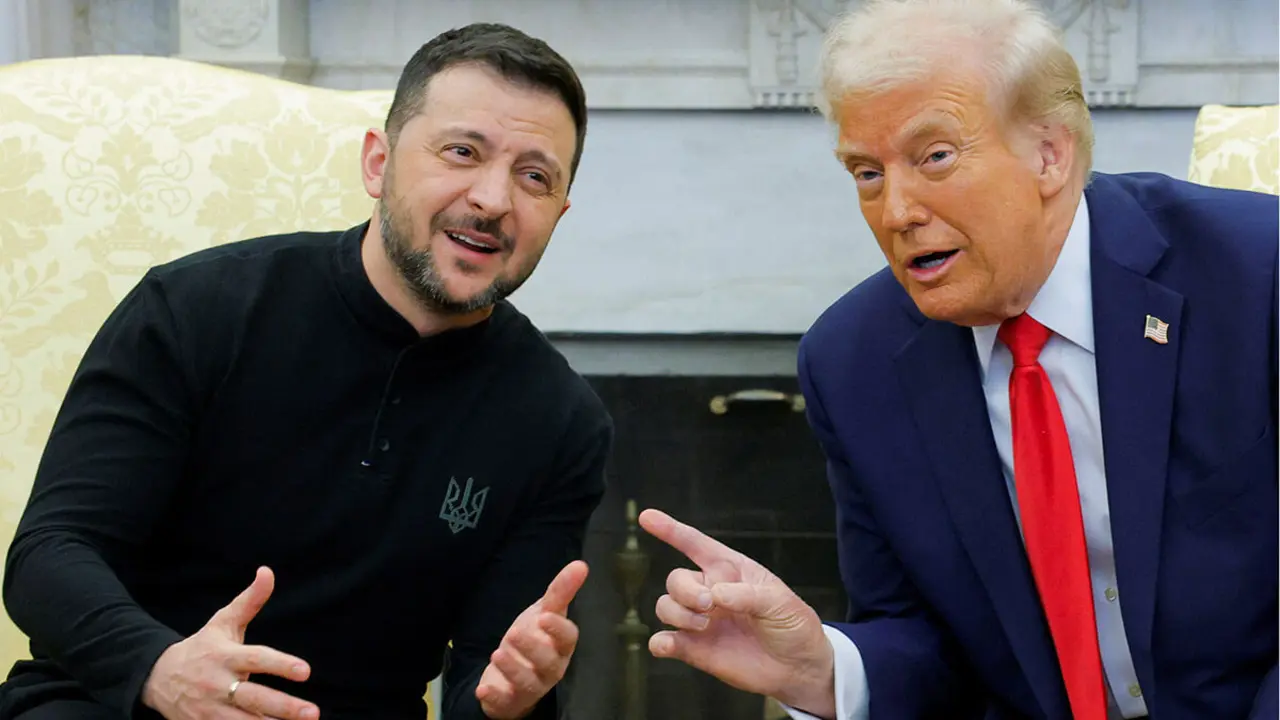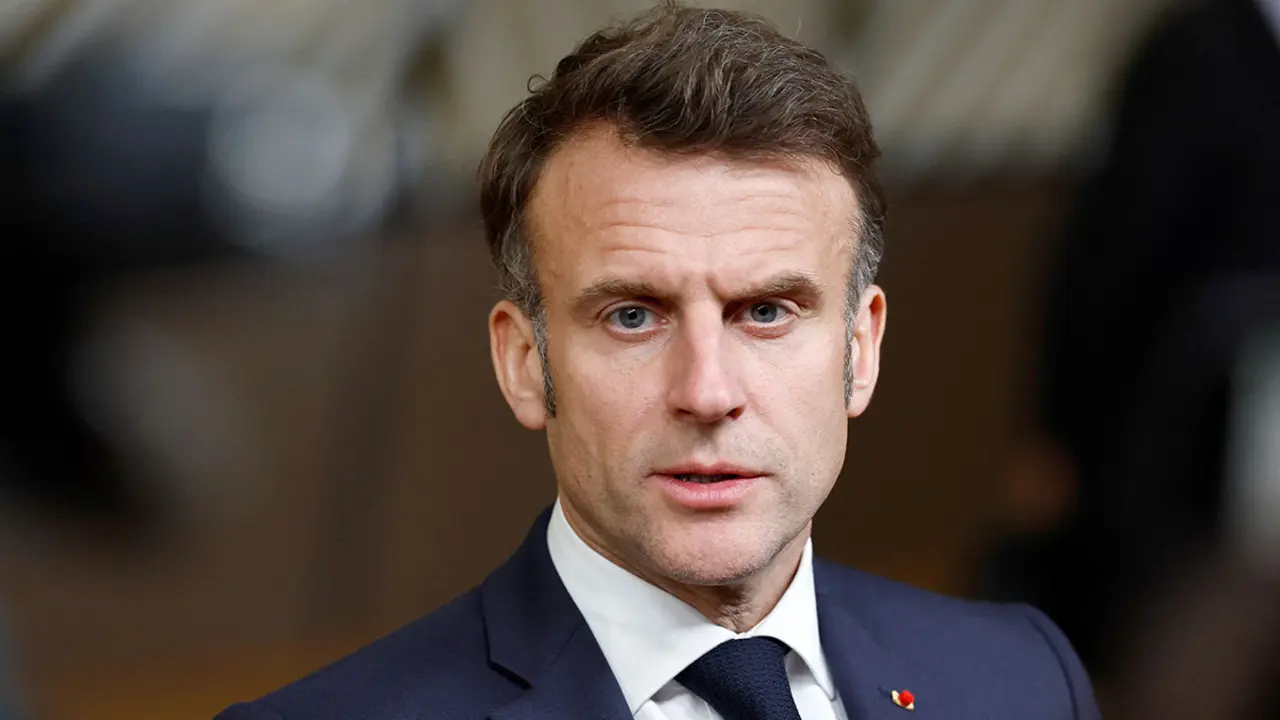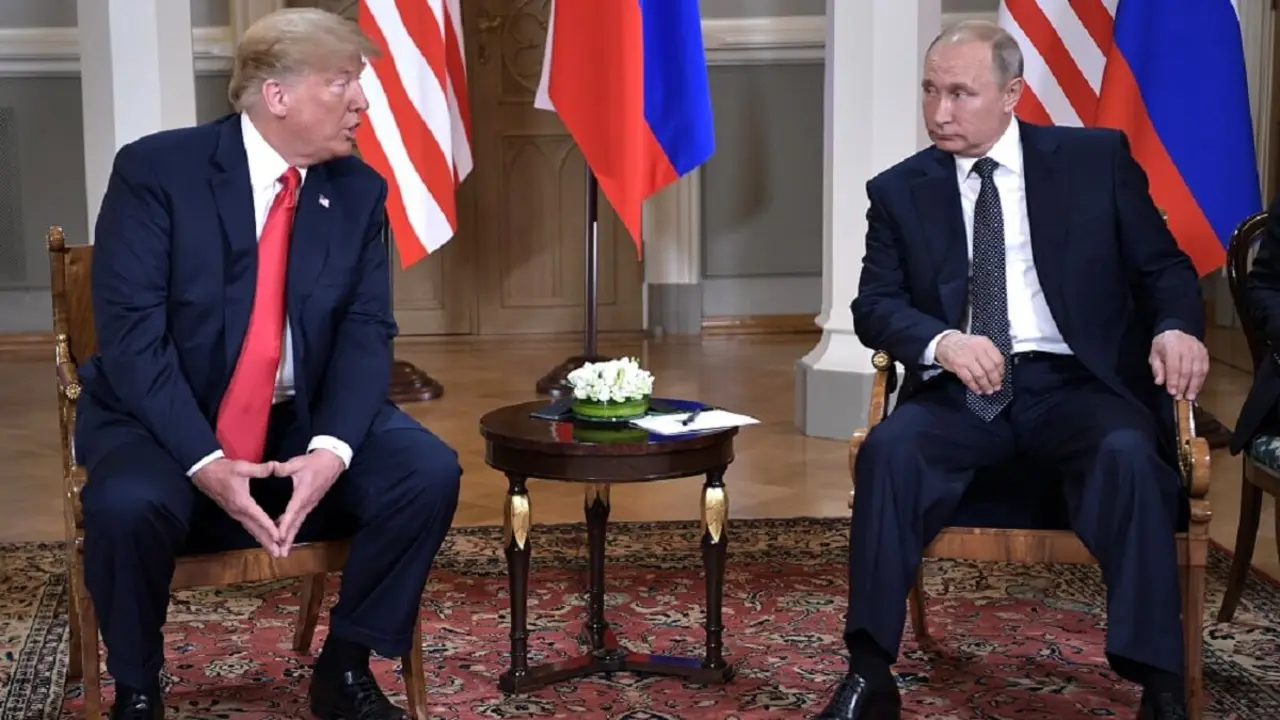Erdogan's authoritarian drift reaches the Supreme Military Council

On the night of Friday 15 July 2016, Turkey's history took a radical turn. An attempted coup d'état put the established constitutional order on the ropes. This event, which further accentuated the country's polarisation, was also the spark that lit the fuse of Recep Tayyip Erdogan's authoritarian drift. Four years later, on the anniversary of this attempted coup, the Turkish leader announced the decisions taken at the summer meeting of the Supreme Military Council.
Last March, the Turkish authorities forced members of the army who were dismissed for their alleged links to the movement of Islamist preacher Fethullah Gülen (FETÖ) to pay the cost of the military exercises they received before being forced to leave their posts, according to the Turkish newspaper Zaman. The purge against the opposition has continued with the dismissal of at least 30 generals during this Supreme Military Council, who have been replaced by people loyal to the regime, according to some critics of the Turkish president. Among the retired generals are General Metin Temel and Commander Zekai Aksakalli, according to Anadolu.
The decisions, approved by Erdogan, will increase the number of generals and admirals in the Turkish Armed Forces from 226 to 247. According to the Anadolu news agency, the second chief of general staff, Lieutenant General Metin Gurak, was promoted to general, while the naval commander, Vice Admiral Ercument Tatlioglu, was promoted to admiral.
In addition to these changes, the Supreme Military Council has forced 30 generals and admirals to retire before 30 August next because, as the press release explains, "they have not been recruited as permanent staff". On the other hand, this institution has extended the contract for one year to 35 generals and admirals and for two years to 294 colonels, including the commander of the Third Army, Lieutenant General Seref Ongay, the commander of the Aegean Army, Lieutenant General Ali Sivri and the commander of the Eighth Corps, Lieutenant General Osman Erbas, among others.

This meeting - chaired by Erdogan and lasting only 45 minutes - deals with issues such as promotions, layoffs and other personnel decisions directly affecting the Turkish Army. It was attended by Turkish Vice President Fuat Otkay, Defence Minister Hukusi Akar, Judge Abdul Hamid Gul, Interior Minister Suleiman Soylu, his counterpart in the Foreign Ministry Mevlut Gawishoglu, as well as representatives of the Treasury and the Ministry of Education. Also attending the meeting were the Chief of General Staff of the Turkish Armed Forces, Yışır Güler, the Commander of the Land Forces, General Umed Dundar, the Commander of the Navy, Admiral Adnan Ozbal, and the Commander of the Air Force, General Hassan Cujk Akyuz.
The Turkish President and his party have repeatedly accused Gülen's movement of being behind the military coup that took place four years ago, something that the latter firmly denies. Since then, Ankara has investigated more than 130,000 public officials and ordered the pre-trial detention of nearly 50,000 people, including academics, lawyers and journalists.
The opposition believes that the latest changes approved in the Military Council are a response to Erdogan's authoritarian drift to overthrow any critics of the regime within the army and other state institutions. A week ago, the interior minister revealed that the number of detainees following the 2016 coup d'état stands at 282,790, according to statements collected by the digital Al Ain. "Over the past four years, around 150,000 government employees, members of the army and police have been isolated or expelled," he added.
Several hours later, the Justice Committee of the Turkish Parliament has approved a draft law to regulate the content published on social networks. This regulation intends to appoint a representative in charge of investigations and legal proceedings related to crimes on these platforms. Social network providers with more than one million daily visits in the Eurasian nation will be obliged to appoint at least one representative in that country who will have up to 48 hours - reports the Anadolu agency - to respond to requests to remove offensive content.

The Committee to Protect Journalists (CPJ) has criticized the government for using this bill to "strengthen state control" over content published on social networks. Companies that do not comply with the law could face fines of up to 30 million Turkish liras (US$4.4 million), the draft said.
This bill "is a blatant attempt to make international companies censor more news on behalf of Turkey's leaders," CPJ Europe and Central Asia program coordinator Gulnoza Said has warned. "For years, social media publications have been used to prosecute Turkish journalists, and the proposed measures would put them at greater risk of doing their job," he added before the legislation was passed.
One of the latest attacks on freedom of expression in Turkey took place last March when the authorities decided to arrest several people for posting "unfounded and provocative publications" about COVID-19 on various social networks. The failed coup attempt four years ago has had a serious impact on this type of freedom in Turkey. In a series of articles compiled by the Institute of International Press on press freedom and the realities of journalism in Turkey today, a group of journalists have denounced the situation they have to face every time they want to do their job. "The gap between where you wake up and where you sleep is what defines being a journalist in Turkey. You may wake up totally motivated to report and that motivation may lead you to sleep in prison at night," lamented freelance journalist Seda Taşkın. According to the International Press Institute (IPI), there are more than 100 journalists in prison in the Eurasian nation.
Censorship has also been transferred to the judiciary in recent months, as just one year after the failed 2016 coup d'état that changed the course of Turkey, the Turkish president dismissed a third of the judges and arrested more than 100,000 people. The changes approved in the Supreme Military Council, as well as the limitations imposed on social networks, following the adoption of this act of law, show that Erdogan's authoritarian drift knows no bounds.








